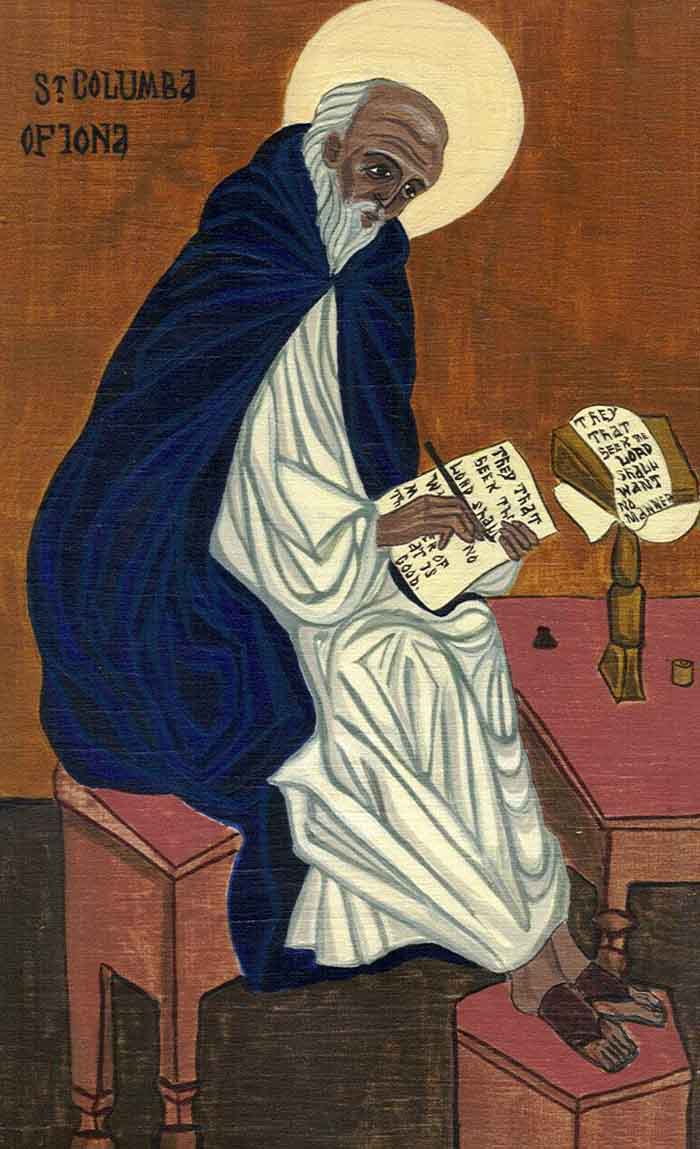+
Não ousamos vir à tua Mesa, ó boníssimo Senhor, confiados em nossa própria retidão, mas em tuas muitas e grandes misericórdias. Nem ao menos somos dignos de apanhar as migalhas que caem de tua Mesa. Tu, porém, és o mesmo Senhor, sempre misericordioso por natureza. Concede-nos, pois, benigno Senhor, que de tal modo comamos a Carne de teu amado Filho Jesus Cristo, e bebamos seu Sangue, que nossos corpos pecadores sejam purificados por seu Corpo, e nossas almas lavadas por seu preciosíssimo Sangue, e que sempre vivamos nele, e Ele em nós. Amém. Igreja Episcopal Brasileira
(Today this national Anglican church is called
The Anglican Episcopal Church of Brazil)
The 1950 Brasilian Book of Common Prayer is essentially the 1928 Book of Common Prayer of the Episcopal Church USA translated into Brazilian Portuguese. It is especially beautiful Portuguese of the Brazilian kind.
Portuguese speaking Anglicans (Lusophones) are found in Brasil, Portugal, Angola, Moçambique and elsewhere. In Portugal the Anglican Church is known as the Lusitanian Church and is extra-provincial to the Archbishop of Canterbury.
+



















